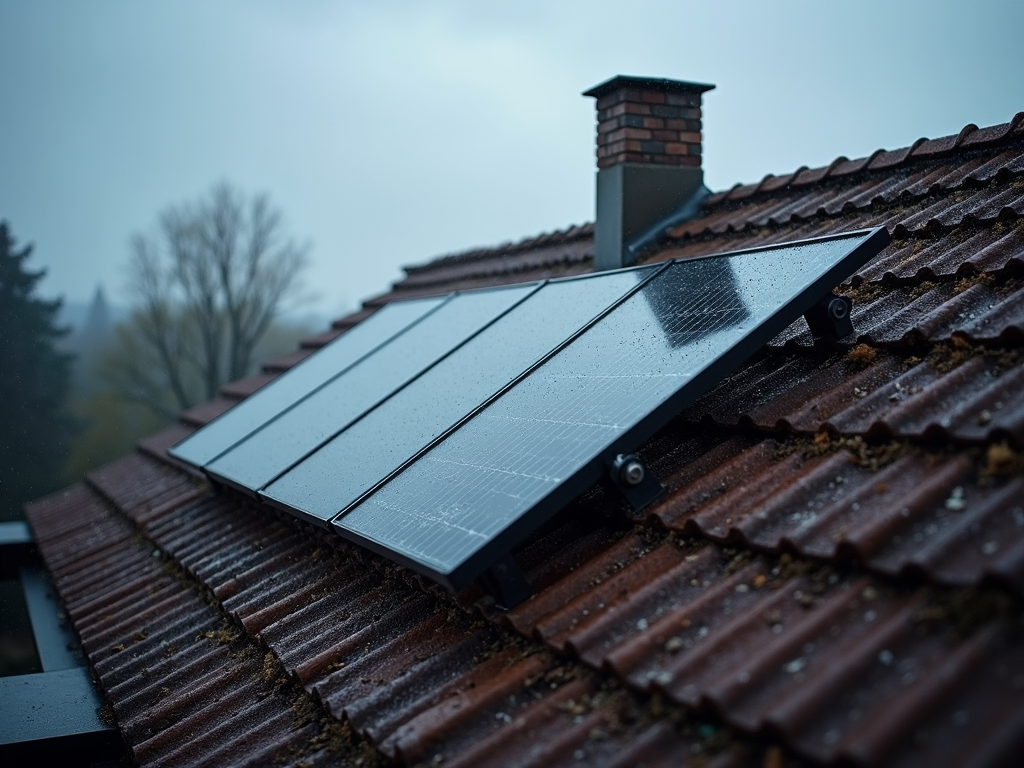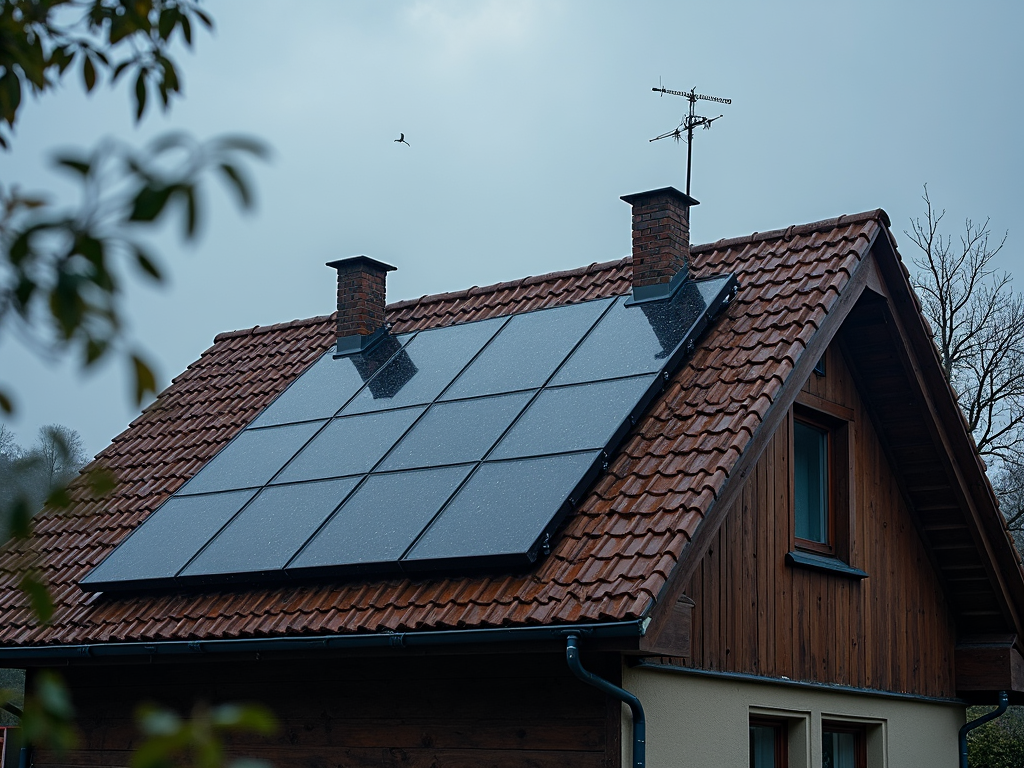Solar systems are the beacons of sustainable energy production. But like any beacon, they also need protection from the storms of life. Photovoltaic insurance is more than just financial coverage: it is a safety rope that protects investors and individuals from unexpected losses. In this article, we will examine the importance of this insurance and the options available to safeguard your investment. A deep understanding of these issues can help in making smart decisions to protect your solar system.
Fully Protected: The Main Reasons for Photovoltaic Insurance

Photovoltaic insurance constitutes the backbone of a comprehensive protection concept for solar system owners. This special insurance is indispensable for various reasons and protects the investment against numerous risks that are not adequately covered by traditional insurances.
On one hand, photovoltaic insurances protect against technical damages that can occur due to external factors such as lightning, storms, or even mechanical defects. Photovoltaic systems are complex technical systems, and a defect can lead to significant costs if repairs or spare parts are necessary. Adequate insurance ensures that such unexpected expenses are covered and avoids financial burdens for the system owner.
Another decisive aspect is the maintenance of warranty rights from many solar module manufacturers. These often require regular maintenance to keep the warranties valid. Insurances that offer maintenance as part of the coverage package help meet these requirements and prevent loss of rights to warranty services. This way, the owner remains protected against production defects or unforeseen performance declines.
Photovoltaic insurances also contribute to the basic security and efficiency of the system. Regular maintenance, facilitated or even made necessary by insurance, ensures that the system operates optimally and that potential issues are identified early. This not only extends the life of the system but also prevents significant performance losses that could compromise profitability.
The protection against environmental influences guaranteed by insurance should not be underestimated. Dust, pollen, or bird droppings can affect the performance of solar modules. Insurances often cover the costs for professional cleaning to maintain maximum output.
For solar system operators, coverage against financial losses due to operational interruptions is immensely valuable. Insurances offer protection if a system cannot produce energy for a certain period due to damages or necessary maintenance. This is particularly crucial for owners of commercial systems who rely on a steady energy flow.
Lastly, insurance supports compliance with legal maintenance obligations, thus meeting regulatory requirements. Adjustments to current market conditions, as required by the new solar peak law, can be more easily addressed through a flexible insurance structure, reducing financial risks due to changes in feed-in tariffs.
In summary, photovoltaic insurance is essential for adequately protecting solar systems and ensuring a long-term investment. It not only provides financial protection but also guarantees that the system operates optimally in every situation.
Optimal Protection Strategies for Solar Systems: Overview of Insurance Options

Effective protection for your photovoltaic system is not just a matter of prudence but also a necessity. Considering the multiple risks to which solar systems are exposed, a simple building insurance often does not suffice to ensure comprehensive protection. This is where specialized photovoltaic insurance comes into play, proving particularly valuable.
A residential building insurance offers the advantage of managing damage to the building and the system simultaneously. However, while risks like fire, storm, and hail are covered, more specific risks often remain unconsidered. It is not uncommon for certain contractual clauses to exclude coverage for photovoltaic systems or limit it to minimal benefits. Therefore, it is essential to pay attention to details and perhaps consider complementary solutions.
This is where special photovoltaic insurance comes into play. It covers a wide range of risks, including damage caused by extreme weather events, theft, and vandalism, as well as damage from overvoltages. A unique feature of this insurance is the coverage of additional costs, such as reimbursement for cleaning expenses or income losses resulting from the interruption of the system’s production. This comprehensive protection solution primarily targets operators of larger solar systems who require better coverage than what traditional insurance provides.
For the protection of smaller systems, such as balcony photovoltaic systems, personal property insurance can be a sensible addition. However, this more economical option is considered inadequate for more expensive solar systems.
Another important aspect is the integration into liability insurance. Modules falling or other damages caused by the system can often be covered through an extension of liability insurance, provided that the installation was done professionally.
In addition to these insurance solutions, loss of income insurance is of particular interest. It ensures that revenue losses from feed-in are compensated when the system is temporarily out of service. This is crucial to maintain the profitability of the solar investment even in the event of unexpected downtime.
Finally, it is advisable to consider an installation insurance to cover any damages that might occur during installation.
Lastly, a targeted comparison of different insurance offers provides significant savings potential. Choosing the right combination of residential building insurance and special photovoltaic insurance provides the most comprehensive and tailored protection for your photovoltaic system.